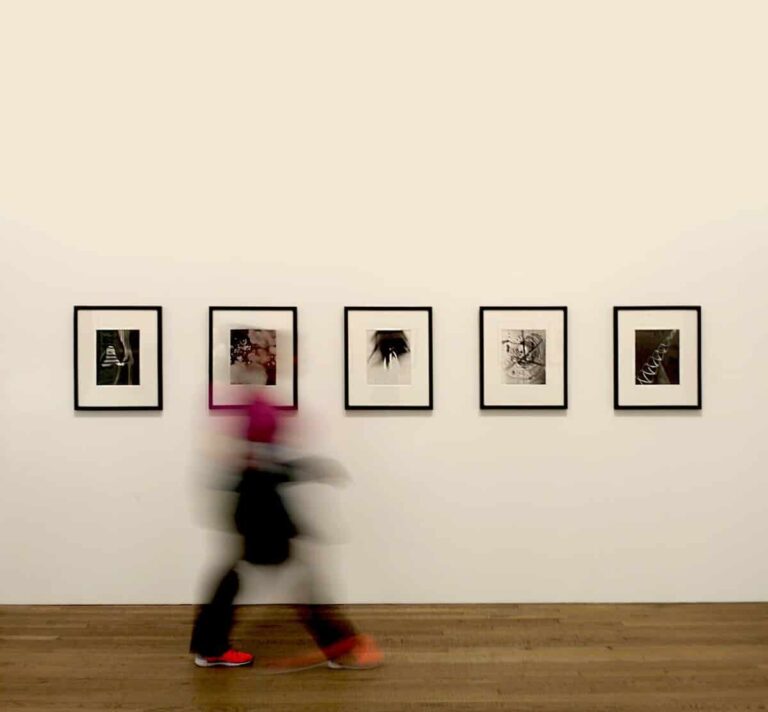Insights into arts & cultural fundraisers’ response to pandemic revealed in new report

Arts and cultural fundraisers adapted and responded to new ways of working, taking new approaches and changing their fundraising activities during the pandemic, with a marked rise in offering supporters enhanced digital or online activities. However, workload increased, with participants in a research project also reporting stress and poor wellbeing, as well as decreased levels of job satisfaction.
The research, from the Chartered Institute of Fundraising’s Cultural Sector Network, RAISE: Arts, Culture & Heritage, The University of Sheffield’s Management School and the University of Kent is shared in a report ‘Dealing with the crisis: Creativity and resilience of arts and cultural fundraisers during Covid-19’, and highlights how arts and cultural fundraisers were impacted by and managed the Covid-19 pandemic in 2020.
Based on a survey of 91 fundraisers, carried out in July and August last year, it reveals that workload increased for 63% of arts and cultural fundraisers, while almost two thirds also expected their organisation’s income to fall during the pandemic.
Advertisement
- 66% of organisations also said they had postponed projects and/or programmes.
- 30% of respondents said Covid-19 would have a substantial longer term impact.
- 79% of respondents said that their fundraising activity overall has decreased.
- 64% said financial support into 2021 and beyond was very important to the survival of the sector.
- 65% see themselves working in the arts and cultural sector long-term, 11% saw themselves doing so short-term, and 22% didn’t know.
- Before Covid, average job satisfaction was 8/10. During the pandemic it dropped to 6/10.
The report calls for more support, both financial and skills-based, and also identifies that some organisations are falling between the gaps of emergency support available.
In response, RAISE and the Cultural Sector Network is committing to providing cultural fundraisers with a holistic programme of support to help with wellbeing and motivation.
Martin Kaufman, Chair of the Chartered Institute of Fundraising RAISE Steering Committee said:
“This survey is the first time that the collective voice of UK cultural fundraisers has been heard during the pandemic. There are important lessons to be learnt from what the respondents have told us. These need to be taken up by the government and everyone who wants fundraising for arts and heritage to play a critical role in ensuring that cultural activity itself will not just recover but thrive into the future. This survey was conducted in 2020, but what it has to tell us is still of continuing and significant relevance.”
Dana Segal, Co-Chair of the Chartered Institute of Fundraising Cultural Sector Network also commented, saying:
“The report findings demonstrate the resilience and aptitude of cultural organisations to adapt in a crisis. The commitment to their civic role and public value needs to be supported as we emerge from the pandemic and restore public confidence in social interaction and connection. Whilst we will be doing our part to support cultural fundraisers, we call on policymakers and the government to maintain and grow its support of cultural organisations so they don’t just survive, but thrive, beyond the pandemic.”



